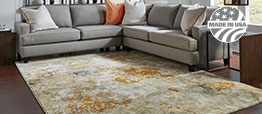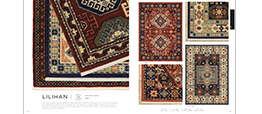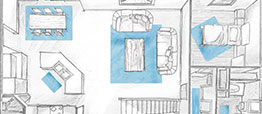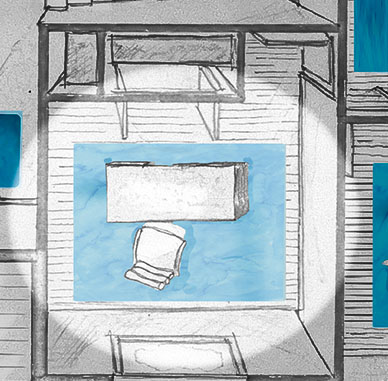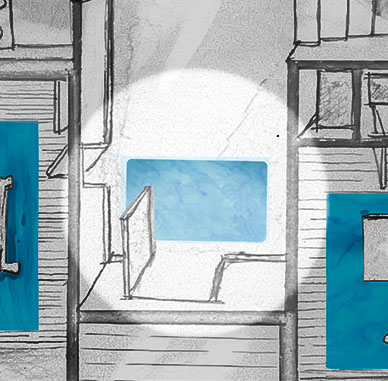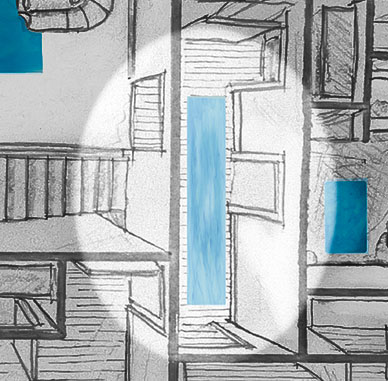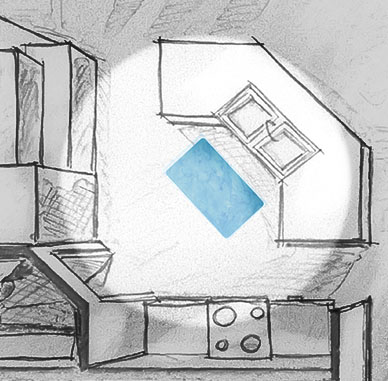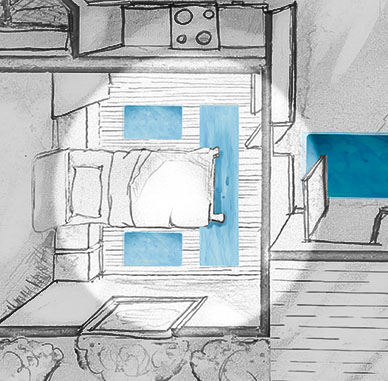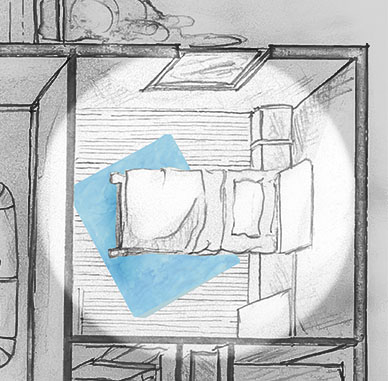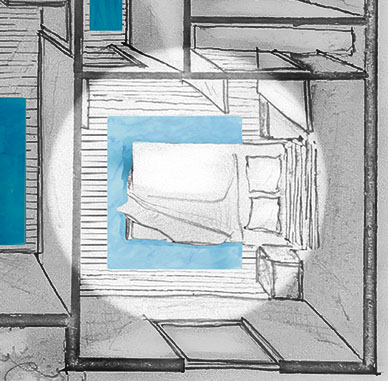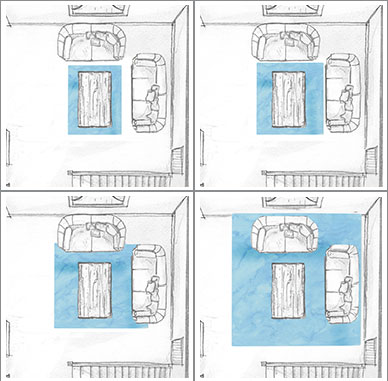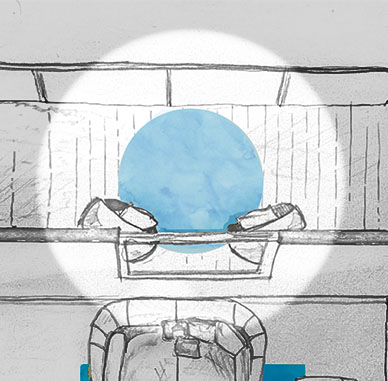Highlights
quicklinks

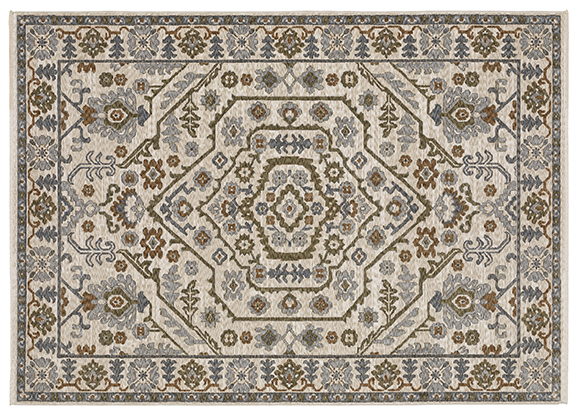
Hastingsha02i |
Fiber: Polyester
Power-Loomed
Price Range: $$$
Available Sizes |
Inventory |
| 2' 3" X 7' 6" | 10+ Available |
| 3'10" X 5' 5" | 10+ Available |
| 5' 3" X 7' 6" | 10+ Available |
| 6' 7" X 9' 6" | 10+ Available |
| 7'10" X 10'10" | Call US |
| 9'10" X 12'10" | 10+ Available |
*Sizes are approximate. | Retail Locator |

